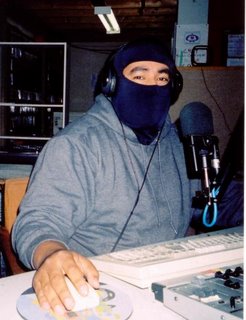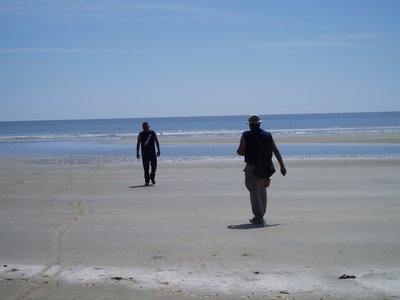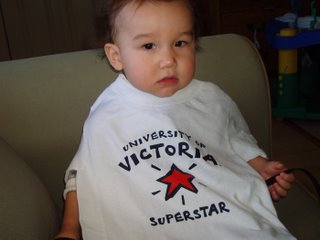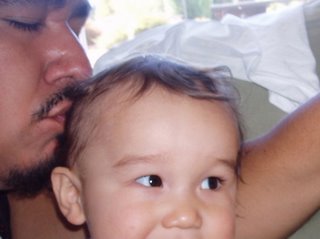 In a report at the conclusion of Treaty 9 negotiations, Department of Indian Affairs chief bureaucrat, Duncan Campbell Scott commented, “Do not think…that civilizing the Indian is the work of one generation, or even two. It might take as long as four centuries before Indians merged with Whites and ceased to exist as a distinct people” (p. 199). In Chapter 9 of The Imaginary Indian, author Daniel Francis succinctly summarizes Crown policy directed at the Indian problem from the early days of British military necessity to the egalitarian-minded albeit misguided White Paper of Pierre Trudeau. Francis hints that the Indian problem went beyond the obvious clash over land and resources, “Assimilation was a policy intended to preserve Indians as individuals by destroying them as a people” (p. 201) and “Indians had to be destroyed so they could be saved” (p. 216). The very existence of indigenous people became a constant reminder of the corrupt and immoral foundations of this country. In order for non-indigenous settlers to legitimate their usurpation and occupation of indigenous lands, it required seemingly schizophrenic policies of segregation and assimilation.
In a report at the conclusion of Treaty 9 negotiations, Department of Indian Affairs chief bureaucrat, Duncan Campbell Scott commented, “Do not think…that civilizing the Indian is the work of one generation, or even two. It might take as long as four centuries before Indians merged with Whites and ceased to exist as a distinct people” (p. 199). In Chapter 9 of The Imaginary Indian, author Daniel Francis succinctly summarizes Crown policy directed at the Indian problem from the early days of British military necessity to the egalitarian-minded albeit misguided White Paper of Pierre Trudeau. Francis hints that the Indian problem went beyond the obvious clash over land and resources, “Assimilation was a policy intended to preserve Indians as individuals by destroying them as a people” (p. 201) and “Indians had to be destroyed so they could be saved” (p. 216). The very existence of indigenous people became a constant reminder of the corrupt and immoral foundations of this country. In order for non-indigenous settlers to legitimate their usurpation and occupation of indigenous lands, it required seemingly schizophrenic policies of segregation and assimilation. The legacy of Indian policy in Canada, from the banning of significant spiritual practices to the forced removal of children from their families and the litany of abuses suffered in residential schools, is a testament to euro-centric arrogance and greed resulting in the dehumanization of indigenous people. The paternalistic approach taken by senior bureaucrats and clergy in the early days of confederation is still very much alive today in mere existence of the Indian Act and the legal doctrine of fiduciary duty. Francis believes that events since 1969 have worked to change the assimilative agenda of the federal government. I disagree.
The most significant act of indigenous resistance of the twentieth century, the so-called Oka Crisis of 1990 created an unprecedented era of co-optation and cooperation. In BC we have the BC Treaty Process and ironically, the new champion of Indian assimilation is the Indian. On page 206 there is a striking photograph of the File Hills Colony marching band. Like many photos of the era, the faces are dark and sullen and the Indians look out of place in their colonial clothing. I was reminded of an experience I had in the summer of 2003. I was a spectator at the Riverboat Days parade in Terrace. At one point the Nisga’a brass bands marched by, proudly displaying the flags of Canada, British Columbia, and the Nisga’a Lisms government (in that order). My companion, a professor from UNBC took one look at the expression on my face and said, “I guess they still have problems with colonization.”






